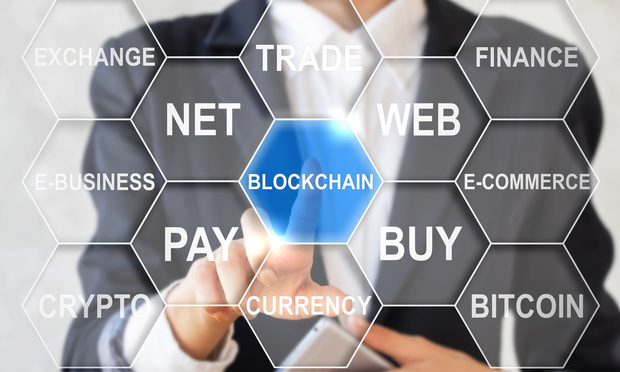“Blockchain.” It is a term that is bandied about these days as the next great thing to happen in internet technology. In fact, it is often referred to as “one of the hottest and most intriguing technologies in the market today.” (“Blockchain: A New Type of Internet, Lovenesh Bansal,” Interconnections—The Equinox Blog, Oct. 5, 2017). Yet to many of us, the term remains mostly an enigma. Even if you are aware of blockchain technology, you may not be aware of its complexities or its potential to significantly affect how global business is conducted. This article will briefly explain how blockchain technology works and the critical role arbitration will play as it becomes entrenched in worldwide commerce.
We begin with a basic understanding of what blockchain is. Blockchain is the purposeful public or private record of transactions that is distributed to thousands of chain participants around the world. No one person controls the blockchain. Rather, every person in the chain has immediate access to the data, and computers run complex algorithms to validate the information that has been distributed. Blockchain has been described as instantaneous communication between a massive number of parties. As such, it is claimed that it is a system that provides transparency, security and financial economy. Blockchains can be public, as used for cryptocurrencies, or private, for use by various businesses and corporations. Because there is no centralized distribution system and no central server, it is alleged that blockchain can provide instant verification of data that is free from manipulation and the threat of hacking.







